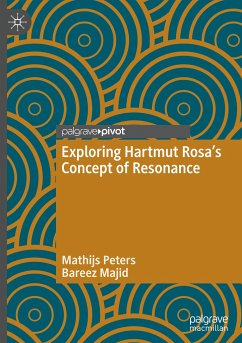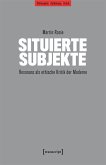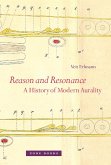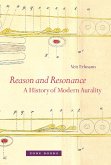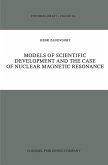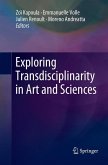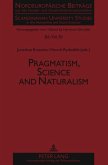This book makes a compelling case for utilising experiences of resonance in various academic and societal fields.
The concept of resonance was first introduced by Hartmut Rosa to foreground the importance of affective, emotional, transformative and uncontrollable experiences in socio-political contexts that he characterizes as alienating. Based on a critical reading of Rosa's theory and further developed through engagement with Theodor W. Adorno, Gilles Deleuze, Hannah Arendt, Judith Butler and others, this book introduces the notion of a 'spectrum of resonance' which encompasses both critical resonance and affirmationist resonance. This spectrum of resonance is used to analyse various forms of aesthetic experience illustrated with reference to Edgar Reitz's film Heimat and the music of Nick Cave and Kayhan Kalhor.
The spectrum is also deployed in the fields of museum, memory and trauma studies to show how experiences of resonance contribute to the constitutionof political and social identities. The focus here is on memory practices in the Kurdistan Region of Iraq and the book seeks to decolonize resonance theory.
The concept of resonance was first introduced by Hartmut Rosa to foreground the importance of affective, emotional, transformative and uncontrollable experiences in socio-political contexts that he characterizes as alienating. Based on a critical reading of Rosa's theory and further developed through engagement with Theodor W. Adorno, Gilles Deleuze, Hannah Arendt, Judith Butler and others, this book introduces the notion of a 'spectrum of resonance' which encompasses both critical resonance and affirmationist resonance. This spectrum of resonance is used to analyse various forms of aesthetic experience illustrated with reference to Edgar Reitz's film Heimat and the music of Nick Cave and Kayhan Kalhor.
The spectrum is also deployed in the fields of museum, memory and trauma studies to show how experiences of resonance contribute to the constitutionof political and social identities. The focus here is on memory practices in the Kurdistan Region of Iraq and the book seeks to decolonize resonance theory.

